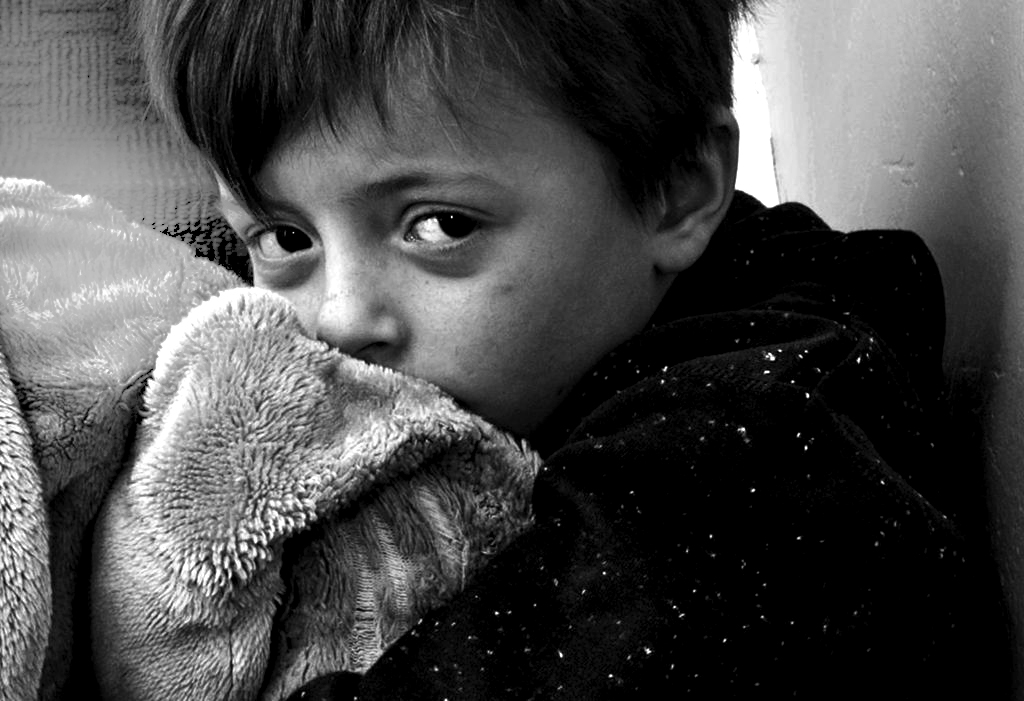
The impact of hunger on children is a widespread issue for millions of children worldwide. According to UNICEF, approximately 149 million children under the age of 5 suffer from stunted growth due to malnutrition. Hunger has a significant impact on a child’s physical, mental, and emotional development, and it can have long-lasting effects.
MALNOURISHMENT
One of the most obvious effects of hunger on children is malnourishment, which can lead to stunted growth, anemia, and weakened immune systems. Malnourished children are more susceptible to infections, and they are more likely to suffer from illnesses such as pneumonia, diarrhea, and malaria. Malnutrition also affects brain development, which can result in learning difficulties, impaired cognitive function, and reduced IQ.
PSYCHOLOGICAL IMPACT
Hunger can also have a psychological impact on children. Children who are hungry may struggle with anxiety, depression, and other mental health issues. Hunger can also affect a child’s behavior, causing them to become irritable, aggressive, or withdrawn. In extreme cases, hunger can lead to developmental delays and even death.
ACADEMIC PERFORMANCE
Hunger can also have long-term effects on a child’s future. Malnourished children may struggle with academic performance, which can limit their career opportunities later in life. They may also experience physical and mental health issues that can persist into adulthood.
BEYOND PROVIDING FOOD
Addressing hunger is a complex issue that requires a multi-faceted approach. Providing children with access to healthy food is essential, but it is not enough. Education programs that teach parents about proper nutrition and healthcare can also help. Government policies and programs that address poverty and inequality can also help reduce the prevalence of hunger.
In conclusion, hunger has a significant impact on children’s physical, mental, and emotional development, and it can have long-lasting effects. Addressing hunger requires a comprehensive approach that includes access to healthy food, education, and policies that reduce poverty and inequality. By partnering with Lincoln County Food Bank, together, we can help ensure that all children have the opportunity to grow and thrive.

